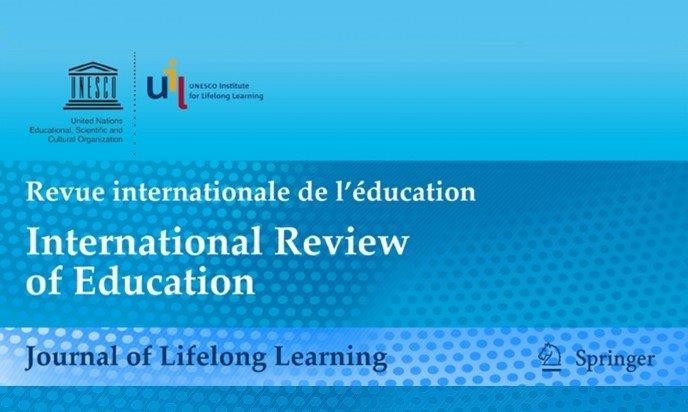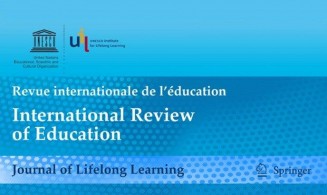

Latest issue of IRE looks at the role of adult learning and education in achieving the SDGs
ire_0.jpg

The August issue of the International Review of Education – Journal of Lifelong Learning (IRE) considers the role of adult learning and education (ALE) in achieving not just Sustainable Development Goal (SDG) 4, which enjoins Member States to ‘ensure inclusive and equitable quality education and promote lifelong learning opportunities for all’, but also the other 16 SDGs.
Through its six articles, the latest IRE examines how ALE responds to the economic, social, political, cultural and environmental challenges we face, and highlights the need to embrace a ‘human rights-based approach’ in the development of skills for life and work. It also profiles ubuntu, described by the authors as ‘an African worldview prioritising “humanness” and interconnectedness’, and explores efforts to engage farmers in rural China in lifelong learning opportunities. Finally, it showcases best practice in distance higher education, highlighting strategies for the improvement of online learning environments, and considers a related issue: the importance of self-directed learning and how it can best be fostered among students.
In his introduction to the issue, and in response to a recent UNESCO report indicating that the world is significantly off-track in achieving the global development goal on education, IRE Executive Editor Paul Stanistreet advocates the development of more flexible pathways between formal and non-formal learning and between learning and work. Both, he says, are ‘critical undertakings in getting the world back on track to achieve Sustainable Development Goal 4’.
‘We need to equip people for a life in which they will fulfil many different roles and undertake different kinds of work, developing their capacities accordingly, throughout and across their lives,’ he concludes. ‘The challenges of the future, encapsulated in the 17 Sustainable Development Goals, require citizens who are resilient, creative, adaptable and, perhaps above all, willing and able to learn.’

